
College Park (USA) The need for batteries will increase significantly in the coming years due to electric cars and other technologies. Science is therefore looking for new materials and production methods that will make batteries more environmentally friendly. Recently, for example, the first battery cells were made from recycled material.
Researchers at the University of Maryland’s Center for Materials Innovation led by Liangbing Hu are also working on a fully degradable battery. According to their publication in the journal Matter (doi: 10.1016/j.matt.2022.07.015), they rely on chitin, a substance found in the shell of crustaceans such as crabs and lobsters.
The chitin obtained from the shells of crustaceans can be processed into chitosan. In combination with zinc, a new electrolyte substance can be produced from it, which supplies batteries with electricity. In experiments, this biological electrolyte substance remained energy efficient after 400 hours of use.
In addition to the shells of crustaceans, the raw material chitin can also be obtained from parts of squid and the walls of mushrooms. So far, however, there are no possibilities with which the extraction of chitin can be scaled up on an industrial scale.
As Graham Newton, Professor of Materials Chemistry at the University of Nottingham explains, the research is initially a laboratory study that shows that it is in principle possible to produce sustainable batteries from chitin.
“When you develop new materials for battery technologies, there is usually a significant gap between promising laboratory results and a detectable and scalable technology.”
The biggest advantage of the innovative material is its good recyclability. After only five months in the ground, the electrolyte substance is completely decomposed. All that remains is zinc, which can be used to produce new batteries.
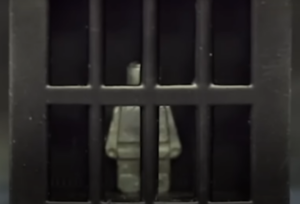
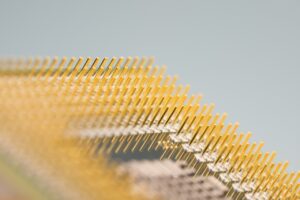
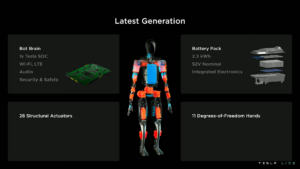
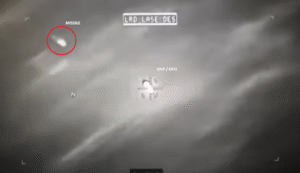
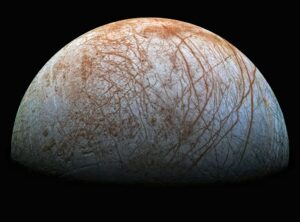


Chitosan is a semi-synthetic material, so instead of poaching vast reserves of crustaceans, wouldn’t it be more prudent to develop Chitosan on its own without using a Chitin base?
I hope that nothing was harmed with this.
Killing even _more_ animals to serve our needs is sustainable? Humans really are messed up!